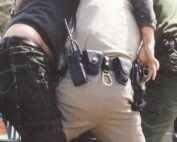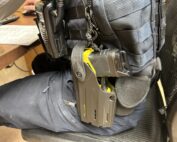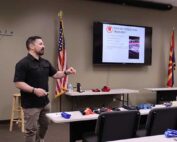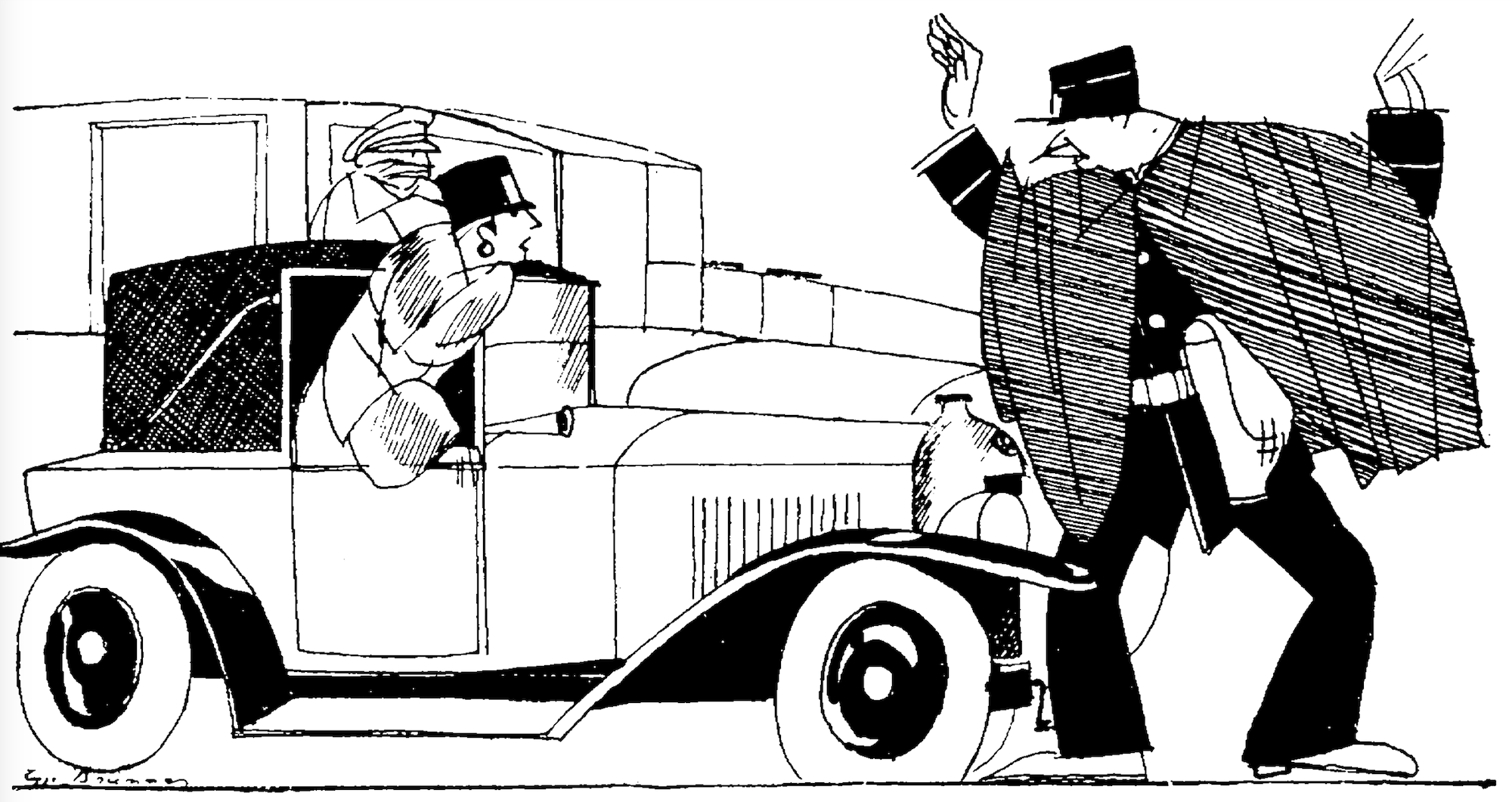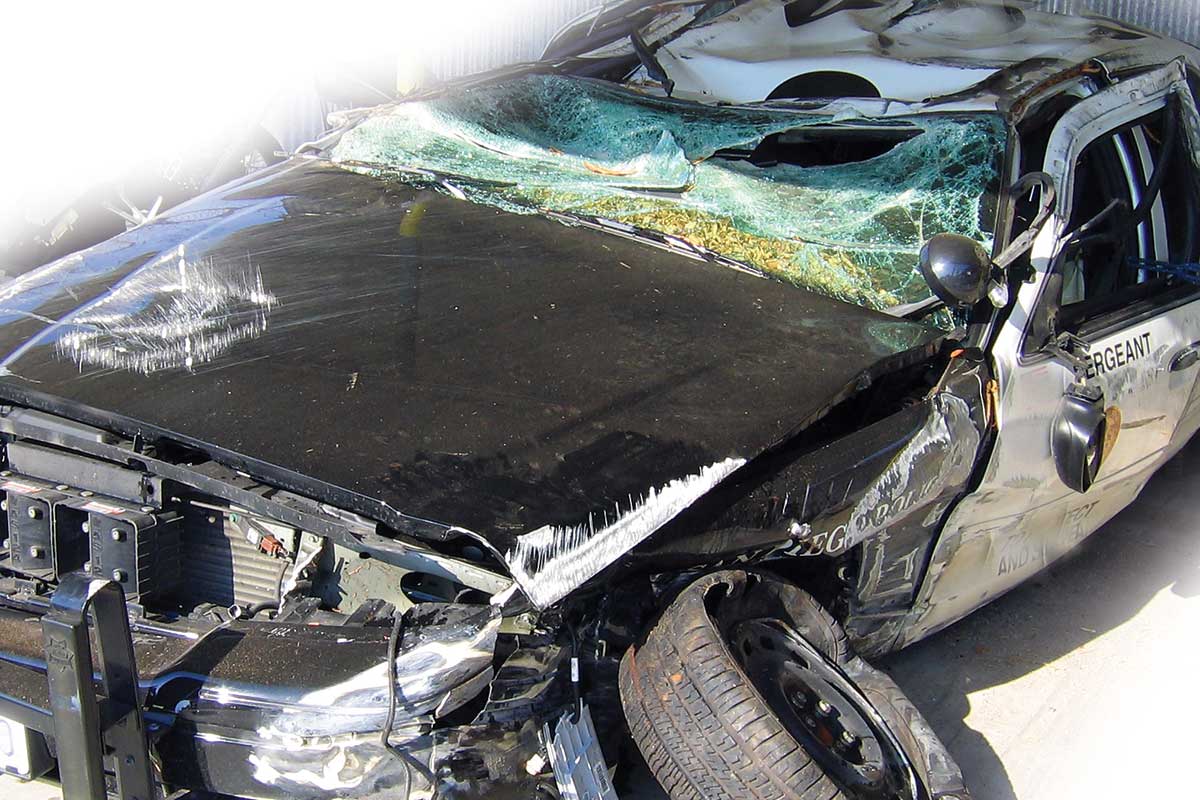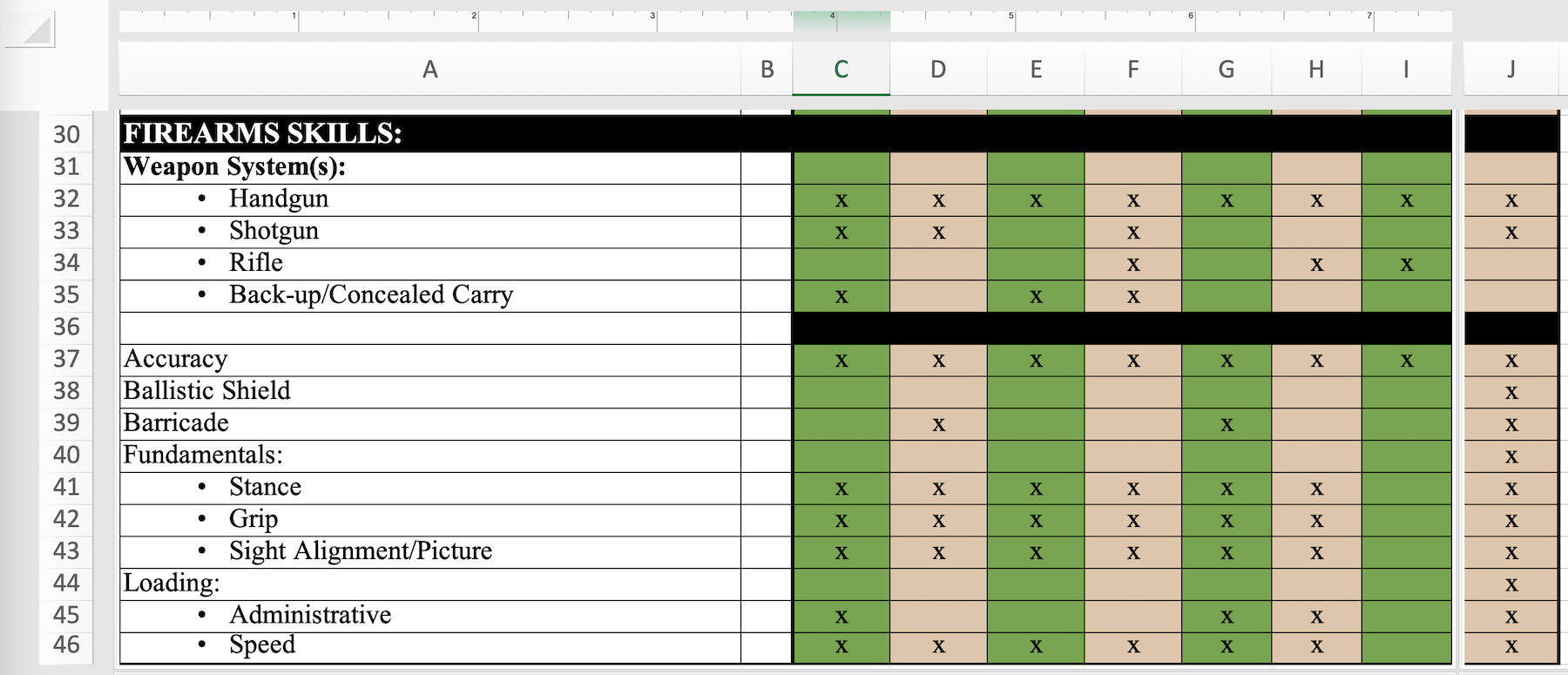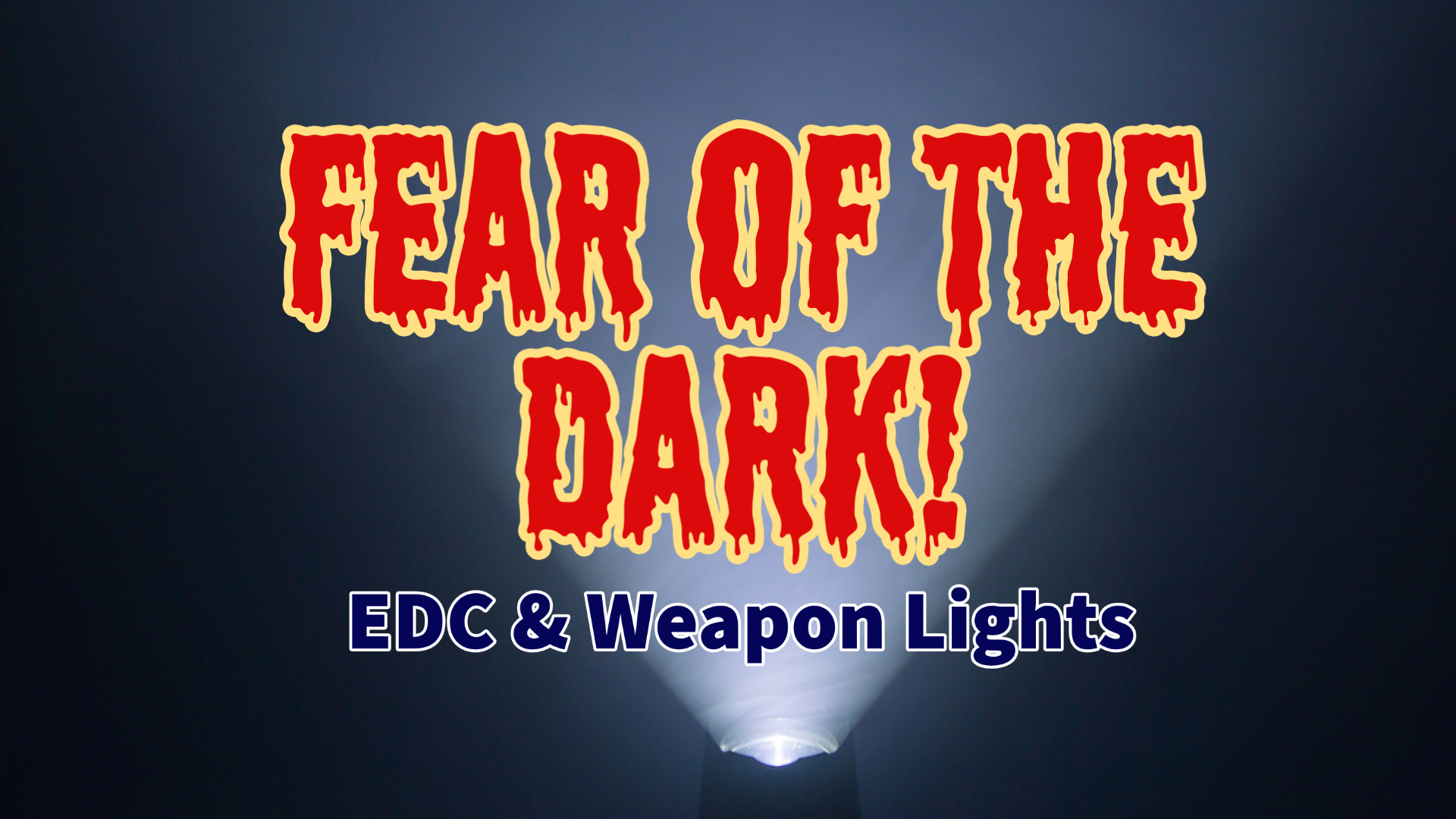
VANTAGE-SHERIFF
Some of us work for chiefs, while some work for sheriffs. There are certainly other titles our bosses may go by, but for the sake of ease I’ll refer to the two main types of law enforcement leaders rather generically. The biggest difference between a chief and a sheriff is how they got their title. Chiefs are appointed by a government entity such as the mayor, city manager, etc. Sheriffs on the other hand are elected — appointed by the voters of their counties. While it may not seem like much of a difference, in actuality it’s a huge difference.
A chief is a department head, just like the guy in charge of say, the Water Department. While each department head may (should) have a breadth of knowledge of how to run their department, it’s the city officials who have the ultimate say in what each department does. And they have this say with chiefs in the form of threat of termination/replacement should the chief come out against the city’s political leanings. Can you see the puppet strings? And while city government officials are elected, they hold their office based upon a wide variety of subjects (a platform) important to the voters, not just the single notion of laws and safety from the criminal element.
On the opposite side of the coin is the Office of Sheriff: the only law enforcement leader actually elected by the voters of the county. The sheriff answers directly to the people who put him in office — it’s also why it’s called a Sheriff’s Office and not a Sheriff’s Department. And why do people vote for a particular sheriff? Because his only job is to worry about things directly related to law and order; it’s an over-simplified statement, but you get the point.
Let’s look at the ways chiefs and sheriffs are handling the notion of wide-sweeping gun bans. Many chiefs, particularly big-city chiefs, are quick to jump on the gun-grab bandwagon because their superiors take this position. New York, Chicago, Washington DC, Los Angeles and even my former home, San Diego, are all places with high gun-crime rates despite extremely restrictive gun laws — and they’re clamoring to pass even more laws to disarm the citizens. Where these mayors go, you’re sure to see a chief tailgating, if you know what I mean.
Chief William Landsdowne, the department head of my former agency, San Diego PD, has gone on record to say he fully supports the Obama/Feinstein gun grab. According to an interview with San Diego TV station KPBS, Lands-downe said: “[But] I think it’s going to eventually make the country safer and certainly safer for my officers that have to respond to these calls.” He even went so far as to say it may take a generation, but guns will eventually be taken off the streets through new laws. Excuse me? How obtuse can one man be?
Then you have the elected side of law enforcement — the sheriffs — looking upon the idea of making criminals out of law-abiding citizens as a deal breaker. There are a growing number of sheriffs across the US who’ve stepped up to the plate and let the politicians, particularly the blustering Washington, DC crowd, know they have no intention of supporting laws or executive orders infringing on the constitutional rights of responsible citizens. You don’t see these sheriffs tailgating anybody, no puppet masters or ventriloquists telling them what to say or think.
Sheriffs are putting the president and the others on notice. Charles Heiss, Sheriff of Johnson County, Missouri urges fellow Sheriffs throughout the US to “rise to the defense and aid of all Americans, should the federal government attempt to enact any legislation or executive order that impedes, erodes or otherwise diminishes their constitutional right to keep and bear arms.” It’s a very black-and-white issue for many of these sheriffs; no grey or blurry interpretation of what kind of guns are permissible, how many rounds it can hold or whether it’s necessary for hunting.
This debate reminds me of the anti-abortion protests occurring in the early 1990s. Protestors would attempt to block access and otherwise disrupt business at clinics and we’d be called in to declare their presence an unlawful assembly. Ultimately, we’d have to remove the passively resisting die-hards. I distinctly remember officers were allowed to opt-out of going to these events if they had a religious or moral objection to abortions. There were no repercussions against officers who didn’t participate, but given the circumstances today with the war on the 2nd Amendment, I wonder if police chiefs would be so considerate? Is this one of those cases where politicians play the “well, morals are situationally dependent” cards?
Where do you stand on this issue? American COP — and I — firmly stand behind the Constitution and the 2nd Amendment in particular. Do you recall the oath you took when you became an officer/deputy? No matter the exact wording, we’ve all sworn to support, obey and defend the Constitution of the United States — in its entirety. There’s also usually something in the oath about having the courage to hold ourselves accountable for our actions — having the strength to withstand unethical pressure, fear or danger and answering to the people we serve. I welcome your comments.
By Suzi Huntington
>> Click Here << To Read More April 2013 Vantage Point


